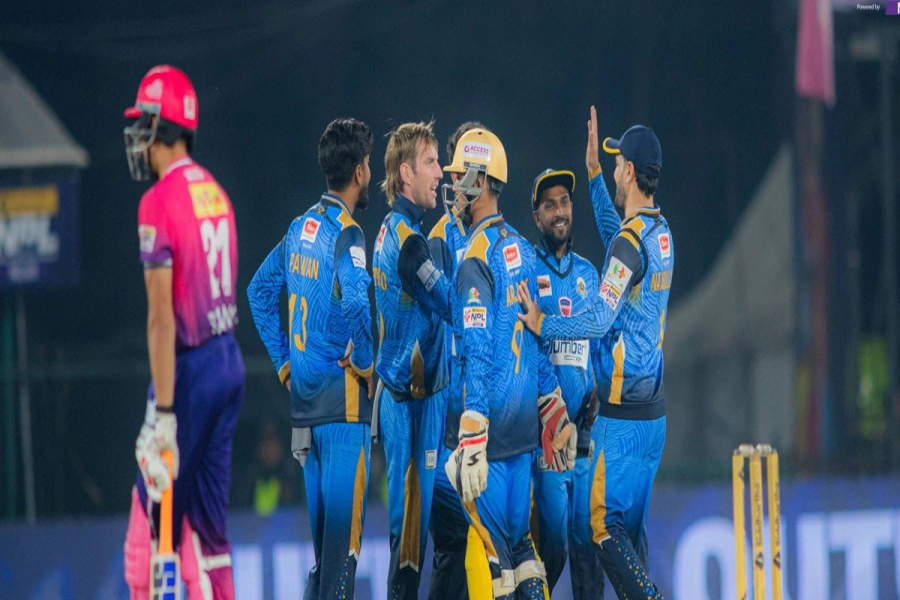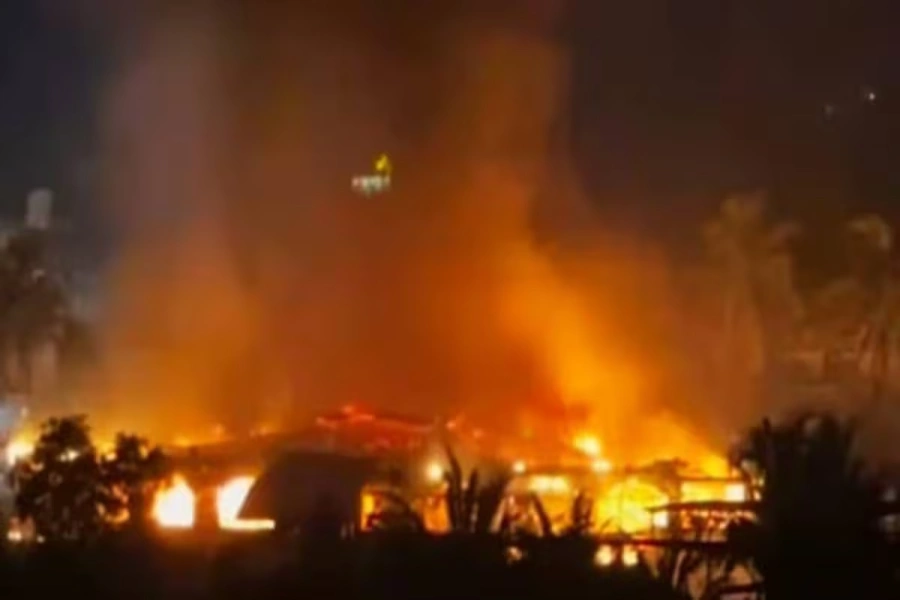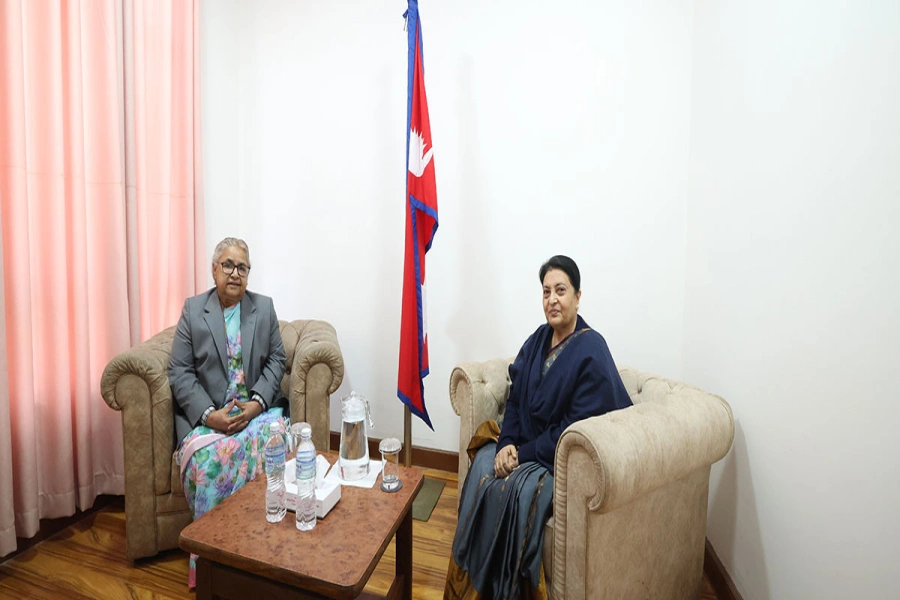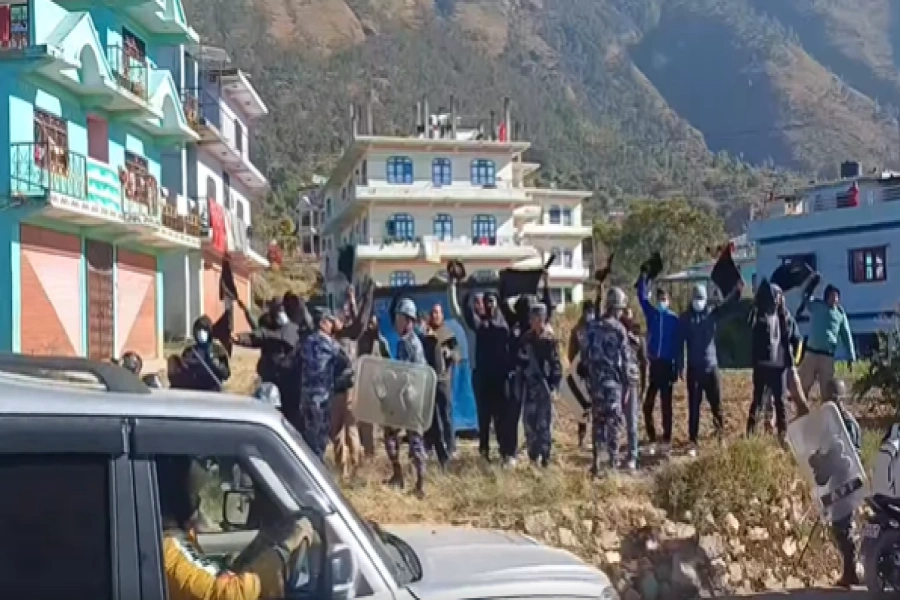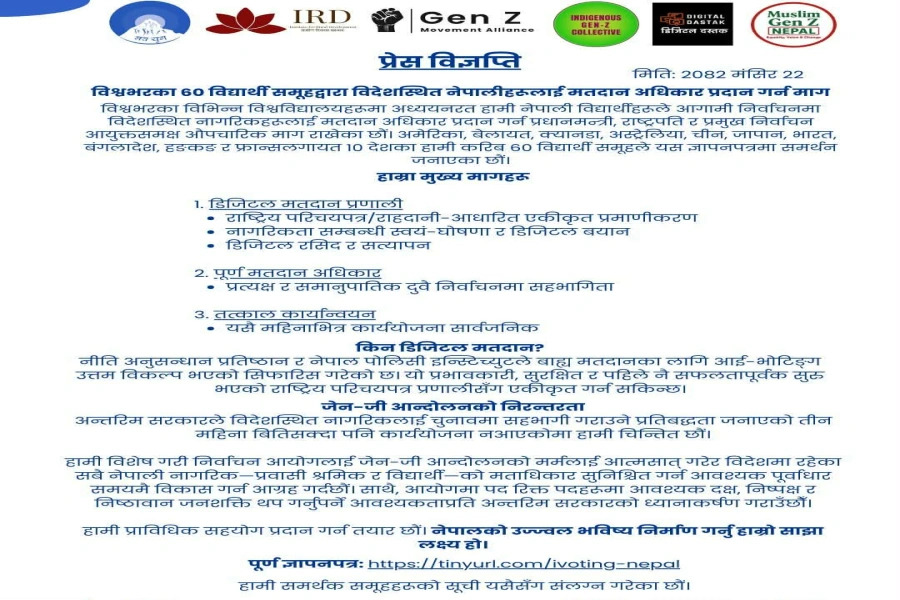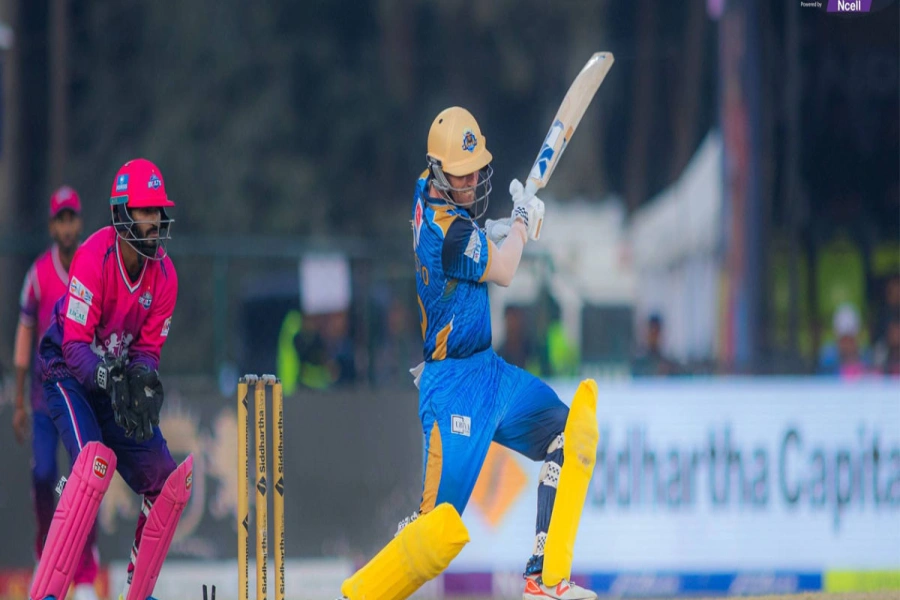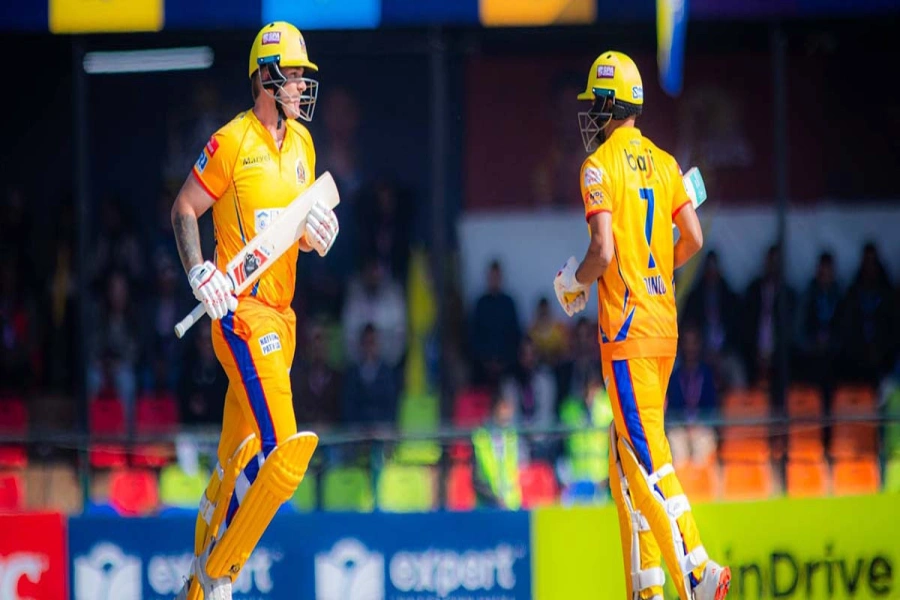FNCCI calls for forming high-powered commission to study and recommend ways to resolve the arrears dispute
CNI expresses its readiness to settle the dues based on the ToD metering
NEA cuts electricity supply to a number of manufacturers as they do not clear past dues worth billions of rupees
KATHMANDU, Dec 26: The dispute between the Nepal Electricity Authority (NEA) and industrialists, over the issue of the dues on dedicated and trunk lines, has mounted after the power utility cut electricity supply to nine manufacturers in the past few days.
While the NEA has been asserting to recover the dues on dedicated feeder and trunk line uses by the industrialists eight years ago, the private sector has been putting on pressure on the government to waive the charge. Asking the NEA to provide them the proof of using electricity under special facilities, the private sector companies have been refusing to pay the amounts.
For the past few months, the NEA had been putting on hold its decision to disconnect power supply to the defaulting manufacturers, after Prime Minister Pushpa Kamal Dahal asked the NEA not to cut off electricity supply lines to the industries. The NEA, however, has taken harsh action against the manufacturers, citing the new directive by Prime Minister Dahal to cut off electricity supply lines to the defaulting firms.
Dedicated trunk line dispute: Go through review if arrears are...

The NEA has been asserting that 61 manufacturers have been left to clear dues worth over Rs 27 billion for using the electricity supplied through dedicated feeders and trunk lines. As of now, the electricity supply to nine manufacturers has been halted. The NEA cut electricity supply to Jagdamba Steel, Reliance Spinning Mills, Ghorahi Cement and Arghakhanchi Cement on Saturday.
According to the NEA, Jagadamba Steel is left to clear dues worth Rs 4.14 billion and Gorahi Cement has not paid Rs 1.36 billion for using electricity under the special facility. Likewise, Reliance Spinning Mills and Arghakhanchi Cement are yet to clear Rs 1.14 billion and Rs 1.30 billion, respectively.
On Sunday, the electricity distribution lines to Sarbottam Cement, Laxmi Steel, Ashok Steel, Sonapur Minerals and Oil Pvt Ltd and Triveni Spinning Mills were disconnected. Sarbottam Cement has not paid Rs 689 million, Laxmi Steel Rs 741 million, Ashok Steel Rs 745 million, Sonapur Minerals and Oil Pvt Ltd Rs 612 million and Triveni Spinning Mills has not paid Rs 869 million to the NEA.
The power utility has stepped up measures to recover the exorbitant dues of the manufacturers after Prime Minister Pushpa Kamal Dahal directed the Authority to take the action. In a review meeting at the Office of the Prime Minister and Council of Ministers on Thursday, Prime Minister Dahal directed the Ministry of Energy, Water Resources, and Irrigation to recover Rs 20 billion in arrears from the users of dedicated and trunk lines.
The industrialists have been expressing their dissatisfaction also on pretext that the Prime Minister Dahal, breaks his own word over the dispute on payments of the dedicated and trunk lines. Earlier in September, Dahal had asked the Authority not to cut off the electricity supply to the production units.
Citing power outage issues, the NEA, in 2015, enforced the rule to impose additional fees on industries that consume a lot of energy. Earlier, the NEA had been charging 65 percent as premium charge for the users of dedicated and trunk lines, which later on reduced to 15 percent on top of the normal tariff.
Under the dedicated feeder service, a factory that needs high voltage lines is permitted to receive direct electricity from a nearby substation, while those using trunk lines can receive regular electricity through two substations. The dispute arose in 2018 when the NEA billed 67 industrialists for paying premium fees for using its special facility since 2015.
The private sector firms on the other hand have been criticizing the NEA for pressuring them to pay tariffs ‘arbitrarily’. They have been demanding the NEA present the evidence of their dues based on the electricity consumption using Time of Day (ToD) metering, which the NEA has refused to disclose till date.
Issuing a press statement on Monday, the Federation of Nepalese Chambers of Commerce and Industry (FNCCI) demanded the government form a high-powered commission to solve the ongoing debate between the NEA and the entrepreneurs regarding the dues of power supplied through the dedicated and trunk lines. The umbrella organization of the private sector has said the commission should be given authority to conduct a study of the contexts from 2015 through the current situation along with the ToD metering.
Pashupati Murarka, a former president of FNCCI, said they are ready to clear the claimed dues if the NEA provides proof that the industries have consumed excess electricity during load shedding.
The FNCCI through the press release has urged the government not to disrupt power supply to production businesses till the payment related issue is settled completely. “Provided the issue is not addressed instantly, it will adversely affect the employment and government revenue collection,” reads the statement.
The industrialists affiliated with the Confederation of Nepalese Industries (CNI) have also shown their willingness to pay the dues based on the records of the ToD meters. Organizing a press meet on Monday, the CNI said the industrialists will accord with the study report of the committee led by the then Secretary of the Ministry of Energy, Dinesh Kumar Ghimire.
“Based on the study report, we are ready to clear the dues of the period if the NEA provides the reading of ToD meters. However, we could not pay the premium amount for the electricity use after the end of the load shedding as well as the surcharges including fines and interest that the NEA has added on top of the actual amount,” said Rajesh Agrawal, president of the CNI.
Economists said the stalemate seen at present will not do good for the economy as it will hamper the production businesses at a time when the economy is reeling under recession. According to them, the government needs to find a midway win-win solution for both the private sector and the NEA.




